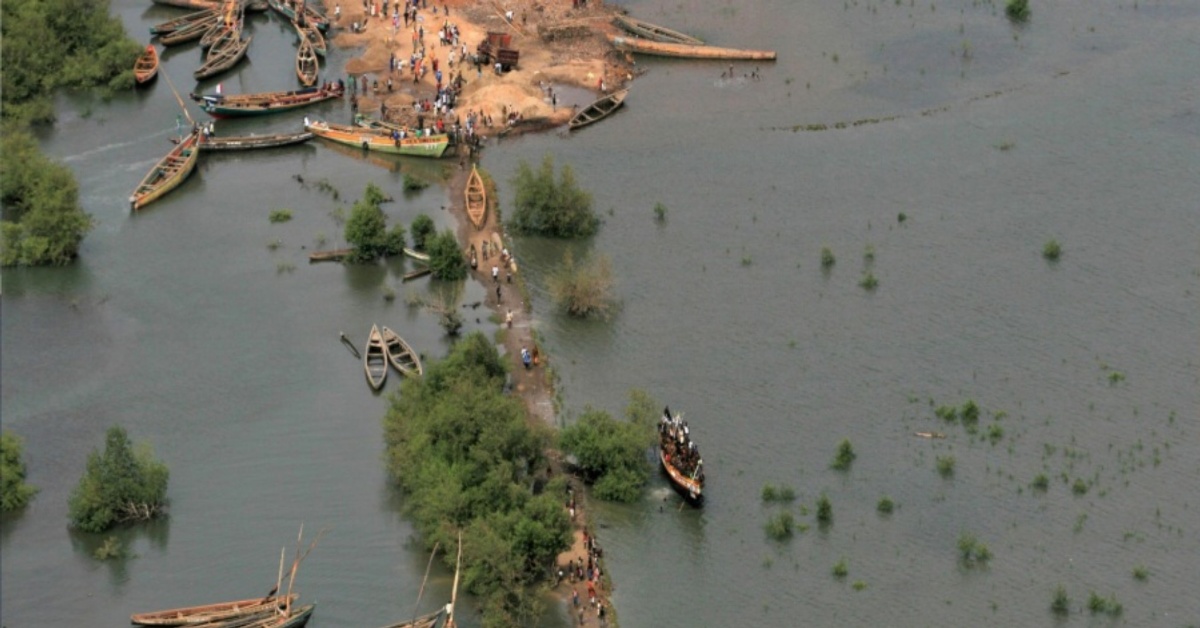Geneva Center for Security Sector Governance (DCAF) has released a report on Sierra Leone, revealing that the country is facing several climate and environmental risks that threaten human security.
The report shows that human activities such as environmental crime are further deteriorating protective ecosystem services, contributing to the cycle of degradation and accelerating the effects of climate change.
The report notes that rising sea levels, changing rainfall patterns, water scarcity, seasonal flooding, pollution, and destruction of natural resources are threatening to undo the economic development and peacebuilding gains achieved since the end of the civil war.
It highlights the underappreciated role that security institutions can play in addressing these risks, which extend beyond the security sector.
The study shows that security institutions have multiple affordable opportunities to play a role in addressing human security needs and contribute to social cohesion.
“As climate change increases the risk of flooding and other disasters, the Sierra Leonean security forces can play a crucial role in disaster risk reduction and supporting the efforts of the National Disaster Management Agency (NDMA),” the report states.
The environmental crime police, in conjunction with specialised agencies operating under the Ministry of the Environment and Climate Change (MoE), can prevent and prosecute cases of environmental crimes and other forms of harm to the environment.
The report also indicates that there are important links between illegal logging and land-grabbing, leading to deforestation, and increased risk of mudslides.
“Unregulated waste disposal and sand and mineral mining not only affect soil and water resources but also have serious public health consequences and ultimately increase flood risks,” it states. These factors, according to the report, affectt the health and resilience of available resources for farming and fishing, on which Sierra Leone’s rapidly growing population relies.
The report concludes that prevention and stabilisation programming can improve service delivery of security institutions with regard to mitigating the impact of climate and environmental risks on communities and the environment. It also notes that security sector roles in climate and environmental security are at the heart of the triple nexus of humanitarian needs, development, and security.
The study recommends practical recommendations for international partners and the Government of Sierra Leone. The findings of the report have broader relevance for security sector governance and reform, prevention and stabilisation programming across a range of regional, environmental and security contexts.
The report is the first in a series of stocktaking studies in other countries.
Sierra Leone, like many other African countries, is vulnerable to climate change and environmental risks. The DCAF report highlights the importance of collaboration between security institutions and other stakeholders in addressing these risks and contributing to sustainable peace.


 Post a comment
Post a comment









Comment(s)
Disclaimer: Comments expressed here do not reflect the opinions of Sierraloaded or any employee thereof.
Be the first to comment